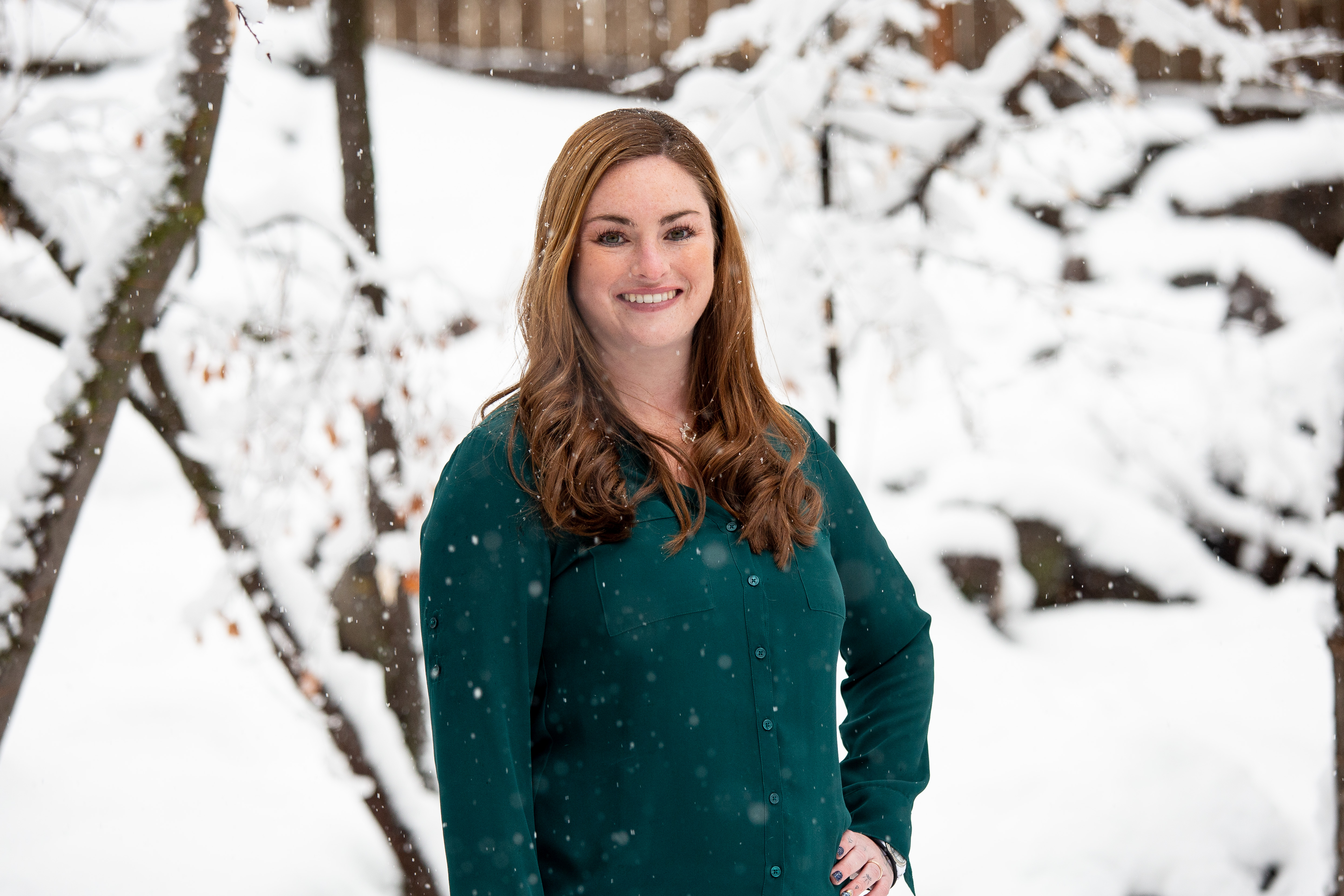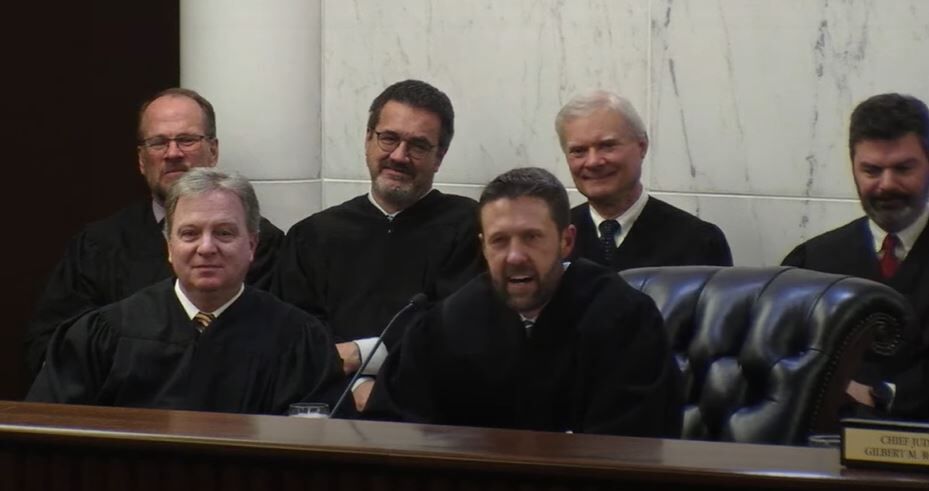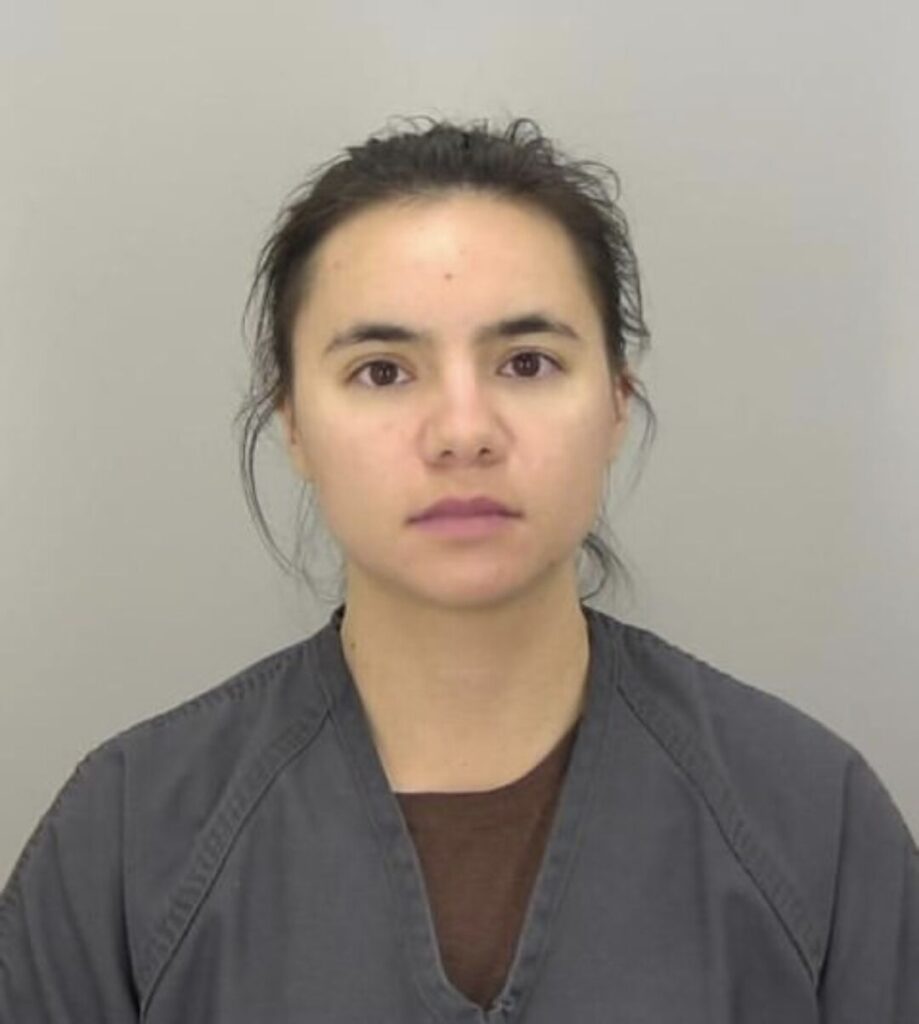The factors behind a judge’s non-retention, new appellate judge sworn in | COURT CRAWL

Welcome to Court Crawl, Colorado Politics’ roundup of news from the third branch of government.
Last week’s cover story looked at the reasons why a county court judge in Durango was the sole judge to lose her seat in the 2022 election, plus the state’s second-highest court officially welcomed its newest member who happens to have some very down-to-earth hobbies.
Judicial retention 2022
? In last year’s general election, more than 100 judges across the state were on the ballot seeking an additional term in office. The citizen-led performance commissions advised voters that each judge met performance standards. Nevertheless, La Plata County narrowly rejected Judge Anne K. Woods, who had a perception locally of being lenient towards criminal defendants. Colorado Politics’ latest cover story explored the factors behind her non-retention. Here is an excerpt:
Woods was one of several judges in 2022 to receive a split vote from her performance commission. Six members believed she met performance standards, while three did not. It was the same margin, for instance, of a county court judge in Rio Blanco County – an older man – who met performance standards despite parties in his courtroom feeling pressured to settle cases for fear the judge would get confused and misapply the law at trial. (Voters retained him by 2-to-1.)
In contrast, Woods’ commission repeatedly noted that she had improved as a judge since the time of the Pitcher hearing. And yet, its members wrote, “the Commission found the public did not see Judge Woods as fair.”
Rather than being the first signal to voters that something was wrong, the commission’s observation was actually a confirmation of the local narrative about Woods, spread for two years online and through the media.
To her opponents, Woods’ loss was a function of her approach to crime, specifically her application of “restorative justice,” which focuses on repairing the harmful effects of a crime rather than punishing the offender. In their telling, Woods’ version crossed over the line into coddling criminals.
For Woods, in contrast, the election involved a confluence of external and internal forces – of her own unfamiliarity with the job, of misinformation, of differential treatment because of her age and sex, and of a Democratic-leaning county not liking the criminal justice reform it was seeing.

Lawyer for the government, marathoner sworn in as appeals judge
? Late last year, the governor appointed Karl L. Schock to the 22-member Court of Appeals. Prior to taking the job, Schock worked for the U.S. Attorney’s Office, defending the federal government against civil suits and challenges to defendants’ convictions.
? Last week, Schock held his formal swearing-in ceremony to the court, where attendees heard from his father, a representative from the governor’s office and Schock himself. Among the things we learned: Schock is a marathon-runner, a triathlete and someone who volunteers to assist refugee families.
? “Karl is a tremendously talented air band guitarist. We found that out at our recent court-wide holiday party.” -Chief Judge Gilbert M. Román
? In his application to join the appellate court, Schock wrote that the “drawback” to being in the U.S. Attorney’s Office was his obligation to always advocate for the government’s position: “A seat as an appellate judge would offer the opportunity to continue doing the substantive work I enjoy, freed from the role of advocate – to approach each case with the single-minded purpose of doing what is right under the facts and the law.”

? The governor appointed Schock, as well as Judge Katharine E. Lum, to a pair of vacancies. She will hold her formal swearing-in ceremony in April.
Q&A on racial bias in jury selection
? Next month, the Colorado Supreme Court will hold a hearing on a proposed rule change intended to reduce the exclusion of people of color from juries for reasons that, while not explicitly racial, nonetheless have historically correlated with race. Colorado Politics spoke to defense lawyer Ann Roan about the persistent problem of racial bias in jury selection and the potential rule change to address it. Here is an excerpt:
Colorado Politics: If the Supreme Court enacts the rule as drafted, what are the effects we will likely see, starting in the trial courts?
Ann Roan: The criminal rules committee spent a lot of time talking to prosecutors and judges in Washington to see how that state’s rule change affected the landscape. And they reported that prosecutors in Washington have become better trained in how to avoid implicit bias in jury selection as a result of the rule. … Washington lawyers and practitioners also said that following the rule change, more people of color are serving on Washington juries. That’s important, because as Justice Brett Kavanaugh observed in Flowers v. Mississippi, “other than voting, serving on a jury is the most substantial opportunity that most citizens have to participate in the democratic process.”
CP: One of the reasons that would be invalid by default for excusing a juror of color is their expression of distrust in law enforcement, or their belief that police racially profile people. Why shouldn’t we be worried that people will get on juries who are skeptical of law enforcement at the outset, and they may not believe police officers’ testimony when they hear it?

AR: We shouldn’t be worried because we should have confidence that Colorado prosecutors are competent to question jurors to identify those that would not be able to follow the court’s instructions in a criminal case and challenge those jurors for cause. Challenges for cause are granted if the juror’s own answers during jury selection reveal that they won’t be able to follow the court’s instructions on the law. Regardless of race, any juror who says their feelings about law enforcement mean they won’t believe a law enforcement witness is subject to being challenged for cause, unless they’re able to set those feeling aside for purposes of the trial.
Heard on appeal
? The state Court of Appeals reversed another criminal conviction in Adams County because the judge used a faulty plain English explanation of reasonable doubt that seemed to lower the burden of proof needed for a guilty verdict.
? A woman requested a jury trial in her child neglect case, as is her right under state law, but was 70 minutes late to court on the first day. By that time, the Denver judge dismissed the jurors and tried the case herself. The Court of Appeals said the judge’s actions were wrong, as the woman had not relinquished her right to a jury trial.
? An Adams County judge allowed a mother’s attorney to withdraw from her case, then held a hearing where neither the mother nor a legal representative was present. Now, the Court of Appeals has reversed the judge’s decision at the hearing to terminate the mother’s parental rights.
? Although Weld County prosecutors removed two Hispanic jurors from a Hispanic defendant’s trial, the Court of Appeals found no intentional racial discrimination had taken place.
? A Douglas County judge imposed “abduction prevention” measures on a father after his ex-wife was concerned he would flee the country with their children. The Court of Appeals reversed that decision, finding the judge had not followed state law when imposing the restrictions.
? Applying recent Supreme Court precedent, the Court of Appeals clarified when criminal defendants may challenge the legality of restitution orders, and also the timeline for requesting personal property that was seized by police.
In federal news
? Disagreeing with a trial judge, the U.S. Court of Appeals for the 10th Circuit reinstated an inmate’s lawsuit against two corrections officials who allegedly exacerbated his existing injuries by slamming and stomping him.
? The 10th Circuit is considering whether a Colorado Springs police officer deserves immunity after he tased a man in a hospital room for failing to turn over a cell phone with suspected evidence of child abuse.
? Ten years after two Denver police officers shot a man who was on the ground in surrender, and more than a year after a jury found the city liable for failing to train on deadly force, Denver’s lawyers went before the 10th Circuit to ask the appellate judges to throw out the verdict.

? A Garfield County sheriff’s deputy attempted to wake up a sleeping detainee by throwing a pack of playing cards at him. Allegedly, the cards hit him in the testicle and injured him. But a federal judge dismissed his excessive force lawsuit, finding the deputy committed no constitutional violation.
? A judge found a Black employee of the U.S. Department of Agriculture failed to show he was subjected to retaliation or a hostile work environment based on his race or disability.
? A judge had harsh words for the government of Colorado, which argued an inmate’s alleged vomiting of black blood, internal bleeding and subsequent hospitalization were not an objectively serious medical condition.
? Federal court is not the place for a man to challenge his mental health commitment by a state court, a judge decided.
Vacancies and appointments
? There are three candidates to succeed Judge Laura A. Tighe as a district judge in the First Judicial District (Jefferson and Gilpin counties): Gilpin County Court Judge David Taylor, Magistrate Meegan A. Miloud and Magistrate Marianne Tims.
Miscellaneous proceedings
? The Colorado Supreme Court has approved a rule change that will draft Court of Appeals judges to hear disciplinary proceedings involving current or former members of the high court.
? A judge has ordered the former partner of Aurora’s ex-police chief to pay $3 million to a city councilwoman due to false accusations of child abuse.
? United Airlines has followed the lead of Southwest Airlines in challenging Colorado’s paid sick leave mandate enacted in 2020.














